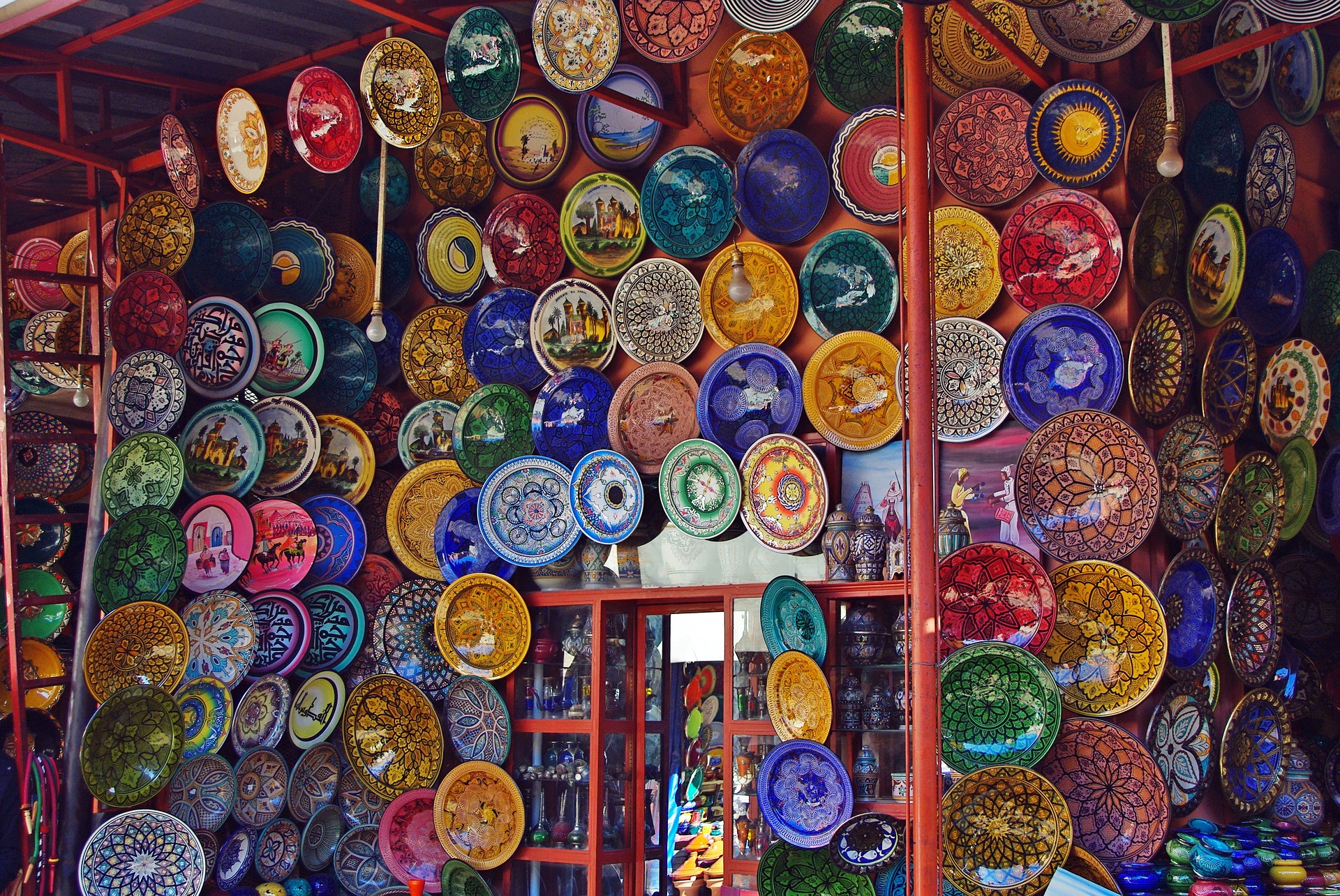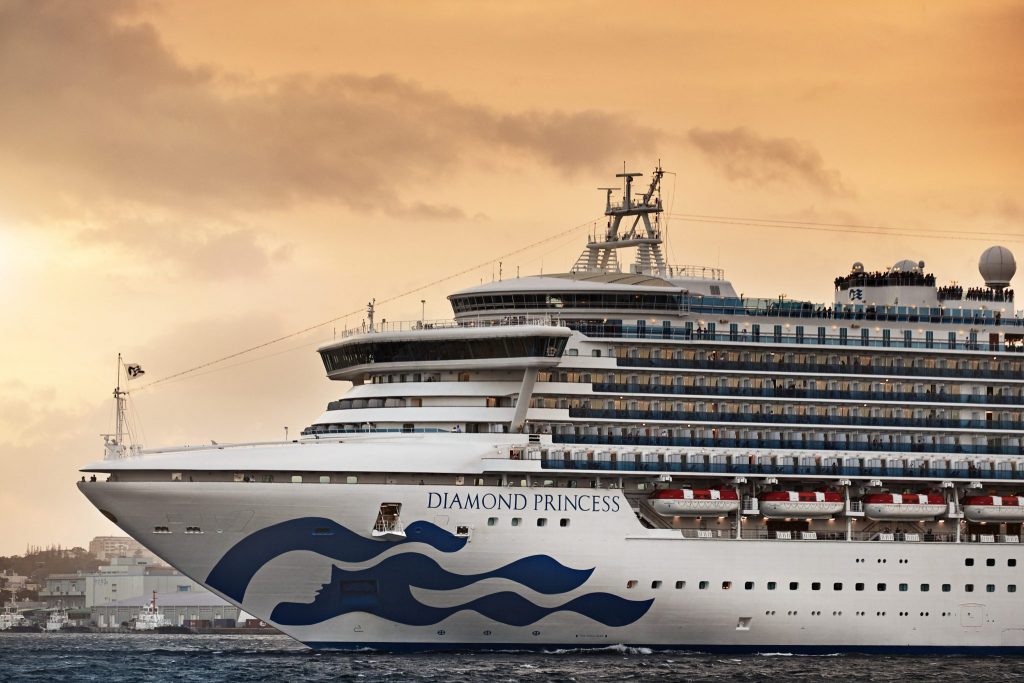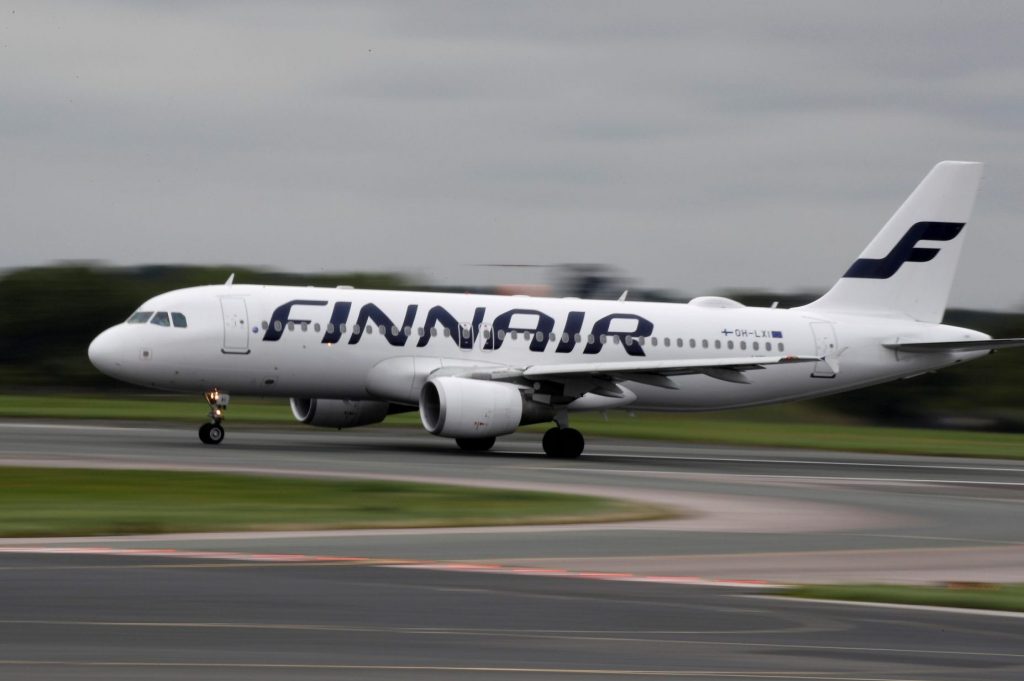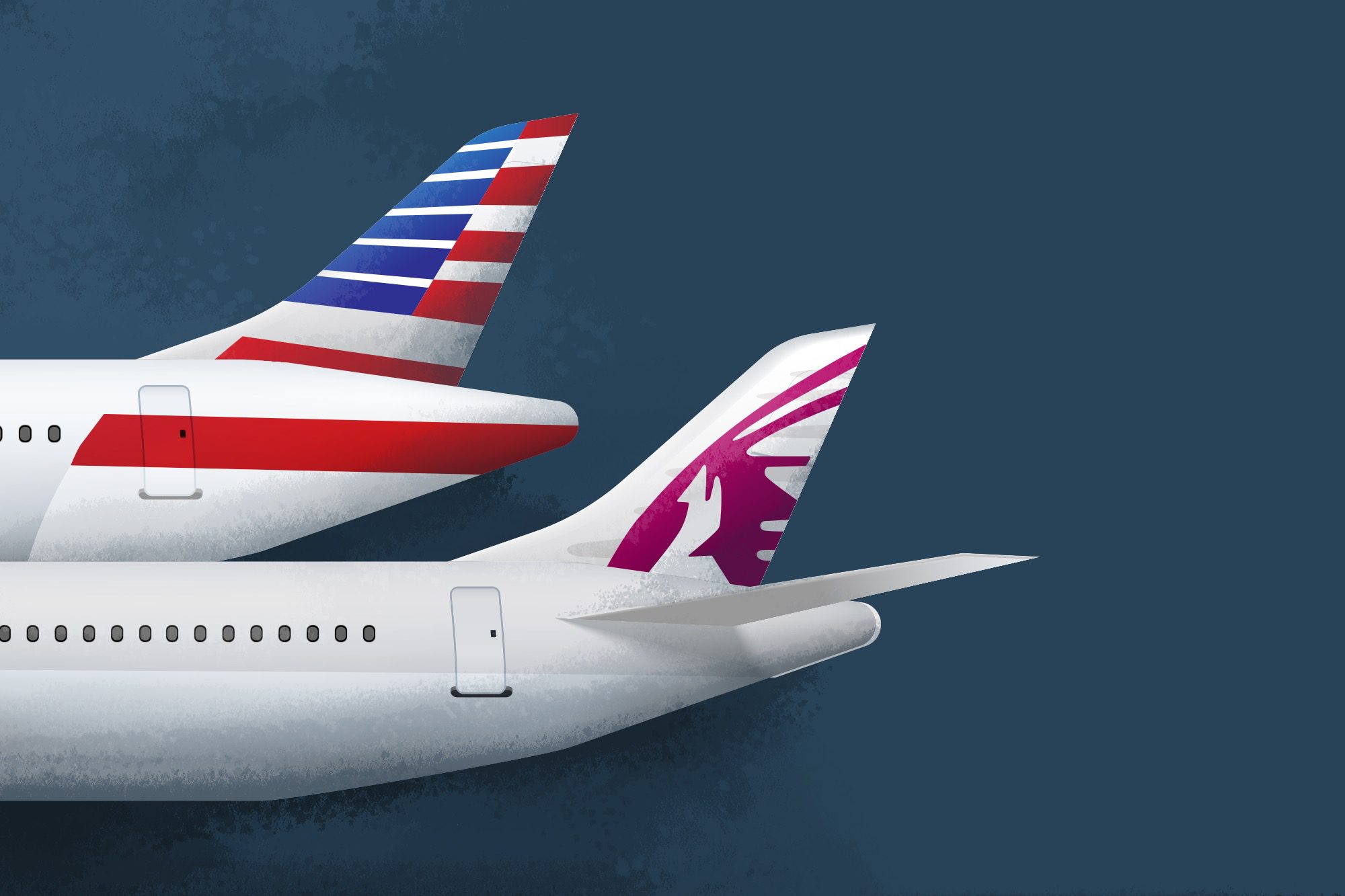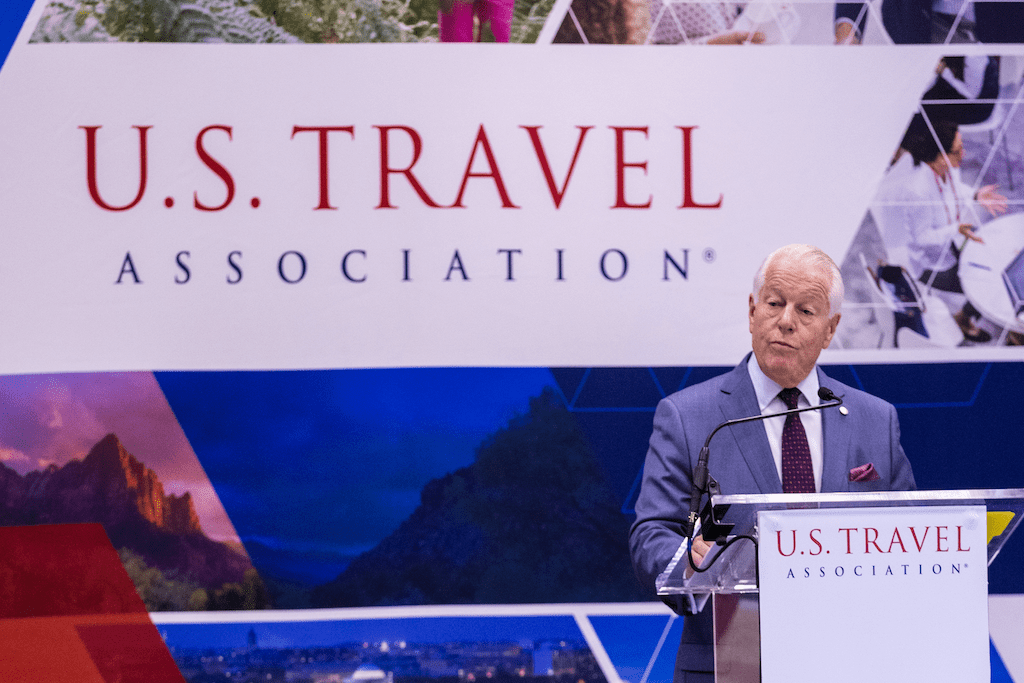Why you need to know about Japanese Encephalitis

As a seasoned traveller, there are a few things that I will absolutely no longer travel without. One of them includes getting appropriate vaccines for wherever I’m travelling to. Not only have I heard too many awful stories about travellers getting sick from preventable diseases, it’s even happened to several of my friends! To ever consider skipping out on my vaccines is just not worth the risk. And since today, February 22nd, is World Encephalitis day (#WED), I thought it would be a perfect time talk about Japanese Encephalitis and why you need to protect yourself from this relatively unknown disease.
What is Japanese Encephalitis?
Encephalitis is an inflammation of the brain, which is most commonly caused by an infection. The Japanese encephalitis (JE) virus is spread by mosquitos and is the leading cause of vaccine-preventable encephalitis in Asia and the western Pacific. Most human infections are asymptomatic or result in only mild symptoms. However, a small percentage of infected persons develop inflammation of the brain (encephalitis), with symptoms including sudden onset of headache, high fever, disorientation, coma, tremors and convulsions. About 30% of cases are fatal, and there is unfortunately no cure or specific treatment for this disease. Even those who survive can be left with permanent neurologic or psychiatric conditions.
Who is at risk?
Japanese encephalitis is found in many Asian countries and western Pacific regions, including Southeast Asia which is a very popular destination for travellers (myself included, I love visiting the area!). Anyone can get encephalitis, regardless of age or how healthy they are. The risk for JE is based on destination, duration of travel, season, and activities. There are huge numbers of people travelling to affected areas each year who are completely unaware of this disease.
How to protect yourself
Whenever you plan a trip, it’s always important to speak with a healthcare professional about all the preventative measures that are recommended for your destination. I usually visit my local travel medical clinic at least 6-8 weeks before I travel anywhere. A short consultation will determine if I need to receive any vaccines, medications, or if there are any other precautions I need to be aware of. Sometimes I don’t need anything, but at least it gives me peace of mind and I won’t have to worry about it during my trip.
If you’d like to know more, you can read the incredible story of how one Canadian family was affected by Japanese encephalitis: https://www.ctvnews.ca/health/death-of-canadiansickened-in-thailand-inspires-daughter-s-vaccine-crusade-1.4299162
Note: This post was sponsored by Valneva. All thoughts and opinions are 100% my own.
Why you need to know about Japanese Encephalitis |Hey Nadine





